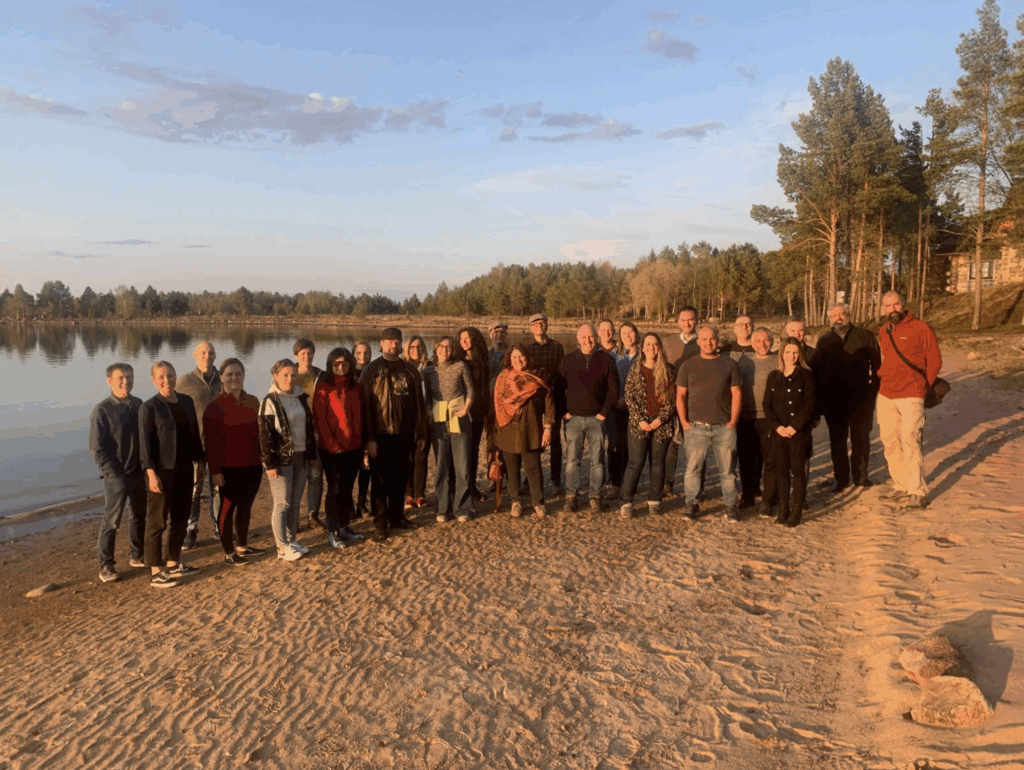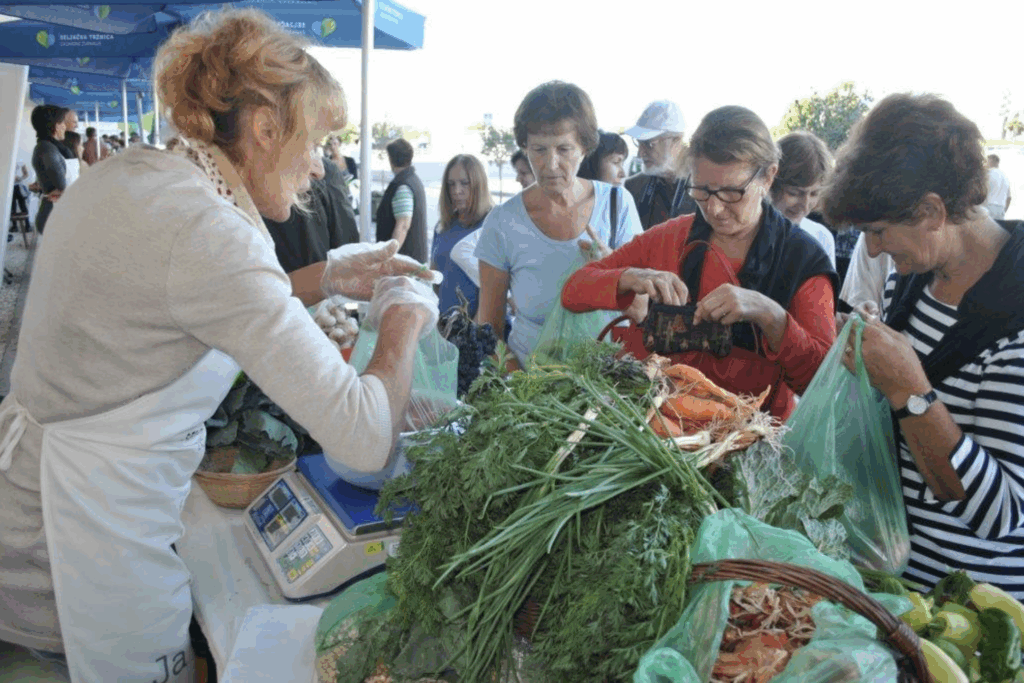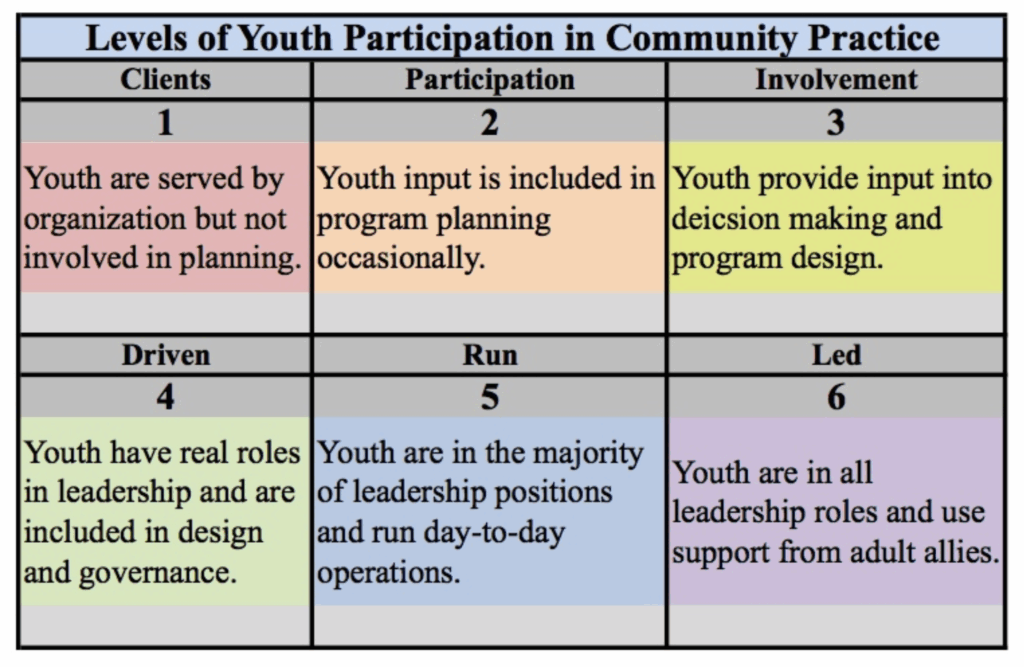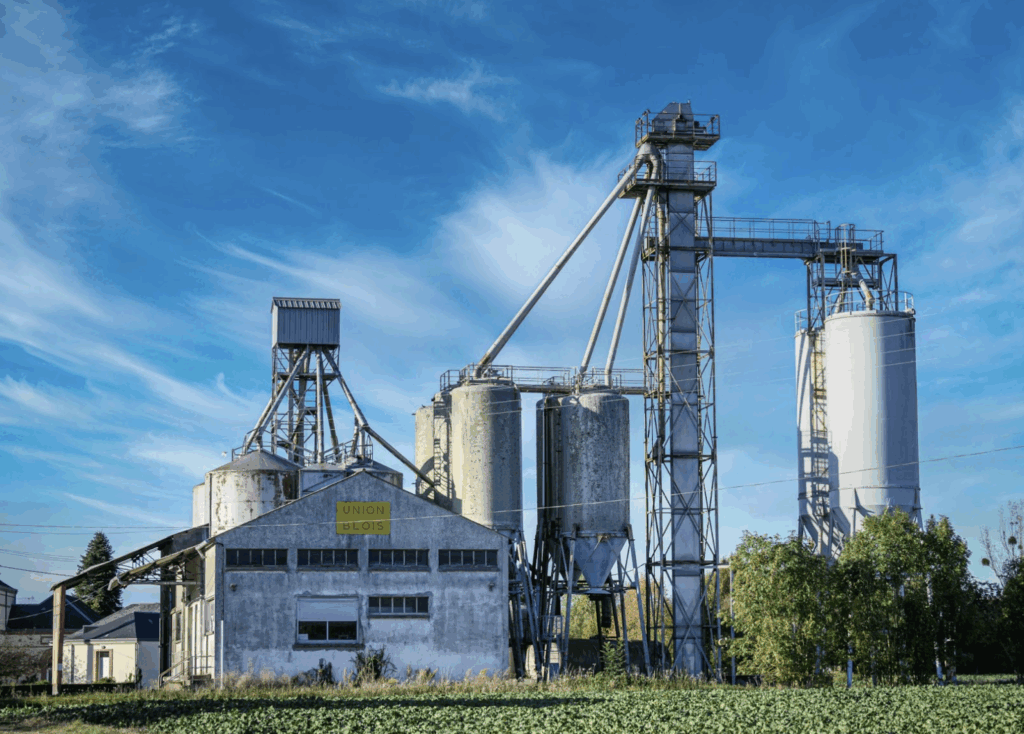By Theo Lynn, Irene Christoforidi, and Andrej Ficko
In October 2024, Antonio Monteiro (University of Lisbon, Portugal), Somaye Latifi (Federal Institute of Agricultural Economics, Rural and Mountain Research, Austria), and Irene Christoforidi (Hellenic Mediterranean University, Greece) represented MARGISTAR (CA21125) at a face-to-face meeting in Brussels, convened by the Head of Policy Unit of the COST Association. This dialogue served as a catalyst for a collaborative effort between COST Actions working in land-based topics and the COST Association to provide informed recommendations to the European Commission. The purpose of this collaboration is to influence and inform the upcoming Horizon Europe work programmes and the development of Framework Programme 10 (FP10), with particular emphasis on the needs and potential of marginalised rural, mountainous, Arctic, and island regions.
MARGISTAR brings together a network of scientists, stakeholders, and policymakers working to revitalise Europe’s peripheral territories through place-based innovation, inclusive governance, and sustainability transitions. This document synthesises MARGISTAR’s proposals for future EU Research and Innovation (R&I) priorities. It reflects both the outcomes of internal knowledge exchange within the Action and the insights gained through engagement with EU policy stakeholders. The goal is to ensure that the next generation of EU R&I programmes more effectively supports the resilience, economic viability, and ecological sustainability of Europe’s most overlooked rural regions.

This blog highlights the key takeaways and recommendations from MARGISTAR’s policy response developed by Theo Lynn (Dublin City University, Ireland), Irene Christoforidi (Hellenic Mediterranean University, Greece), and Andrej Ficko (University of Ljubljana, Slovenia). The full response offers a detailed roadmap for embedding rural and remote regions into the heart of European innovation strategy.
Resilience Reimagined
While resilience is often hailed as a virtue, in rural contexts it can entrench stagnation. Communities adapt to survive, not to thrive e.g., absorbing shocks by scaling back rather than moving forward. MARGISTAR highlights the need to distinguish between positive and negative resilience. Too often, policy reinforces the latter by supporting adaptation strategies that keep communities dependent on seasonal tourism or external subsidies.
What’s needed is research that identifies and nurtures transformation pathways, approaches that build positive resilience and set rural economies on trajectories of self-sufficiency, innovation, and long-term viability. That includes studying when and how to allow old systems to erode in order to make space for the new.

AI and Digital Innovation with a Rural Lens
AI and digital tools are often seen as the future of agriculture, forestry, and land use planning. But they remain largely inaccessible to the rural communities that could benefit most. MARGISTAR calls for more investment in adapting these technologies to local contexts where micro-SMEs and sole traders dominate, and digital infrastructure is often lacking.
Applications like AI-assisted forest inventories and planning, early warning systems for crop disease, and digital marketplaces for small-scale producers could transform these economies. But they must be designed with affordability, usability, and local relevance in mind. EU statistics like DESI often ignore businesses with fewer than 10 employees, meaning the digital divide in marginalised regions is underestimated and underfunded.
Beyond Tourism: Building Diverse Rural Economies
Sustainable tourism has been a staple of rural development strategies, but MARGISTAR notes that it cannot carry the burden alone. Economic revitalisation requires diversification. This can take many forms and needs to be place-based and include sustainable agriculture, agroforestry, small-scale fisheries, and circular bio-based industries. These sectors need targeted research support, innovation funding, and market integration strategies to take root and scale up.
This includes investing in alternative value chains, such as agroforestry, non-timber forest products, and climate-resilient crops, particularly those neglected in mainstream agricultural research. A diverse economic base not only builds resilience, it also provides meaningful incentives for young people to stay, return, or relocate to rural areas.

Repairing Trust in Science, Policy, and Governance
Perhaps one of the most urgent but overlooked challenges in rural innovation is the erosion of trust. Based on MARGISTAR stakeholder engagement, many marginalised communities feel sidelined by distant, urban-centric decision-making and disillusioned by policies that promise more than they deliver. This trust gap is compounded by demographic change, migration tensions, digital misinformation, and the growing marginalisation of local populations compared to the protection of endangered species and increasingly strict climate policies.
MARGISTAR proposes mechanisms to rebuild trust through participatory governance, transparent communication, and inclusive innovation. Community-led research, citizen science, and local innovation hubs are all part of the toolkit. We need to keep the goal in mind i.e. to transform rural stakeholders from passive recipients of policy into co-creators of solutions.
A dedicated research stream is needed to explore the dynamics of rural trust, including a proposed “Rural Trust Barometer” to track changes over time and across regions.
End-User Impact: Farmers, Foresters, Fishers, Citizens, Industry
MARGISTAR’s proposals are grounded in the real-life concerns of rural end users. Farmers, foresters, and fishers face regulatory burdens, limited access to technology, and volatile markets. Citizens in peripheral areas often feel socially and politically isolated. Local industry—mainly micro-SMEs—struggles to integrate into broader value chains or benefit from EU innovation programmes.
To bridge these gaps, the response outlines several practical engagement strategies:
- For primary producers: Co-designed innovation hubs, support for digital upskilling, and AI tools adapted for small-scale operations.
- For citizens: Participatory policy labs, inclusive community forums, and improved digital literacy programmes to fight misinformation and increase democratic engagement.
- For rural industry: New funding instruments tailored to micro-enterprises, research into low-impact extractive industries, and incentives for value-added production.

These strategies are not about top-down solutions. They’re about creating space for rural voices to lead.
Looking Ahead: Strategic Recommendations for FP10
MARGISTAR concludes with several structural proposals for shaping the future of EU research investment:
- A dedicated research stream on marginalised territories within FP10, supporting place-based innovation, diversification, and resilience.
- A European Rural & Mountain Research Observatory within the European Research Area, tasked with integrating rural evidence and expertise into policy development.
- A Network of Rural Living Labs, enabling real-world testing of policy and innovation models in diverse territorial contexts before broader rollout.
- A Rural Trust Barometer and Panel, providing longitudinal data on the social and psychological dimensions of trust across Europe’s diverse regions.
Rural regions are not peripheral to Europe’s future—they are central to its green, digital, and demographic transitions. As they may appear as both inner and outer peripheries, rural regions also play a vital role in the EU’s territorial security. But to fulfil their role, they must be recognised, resourced, and respected within EU research and innovation frameworks.
Click here to explore our complete MARGISTAR submission to the COST Association.


